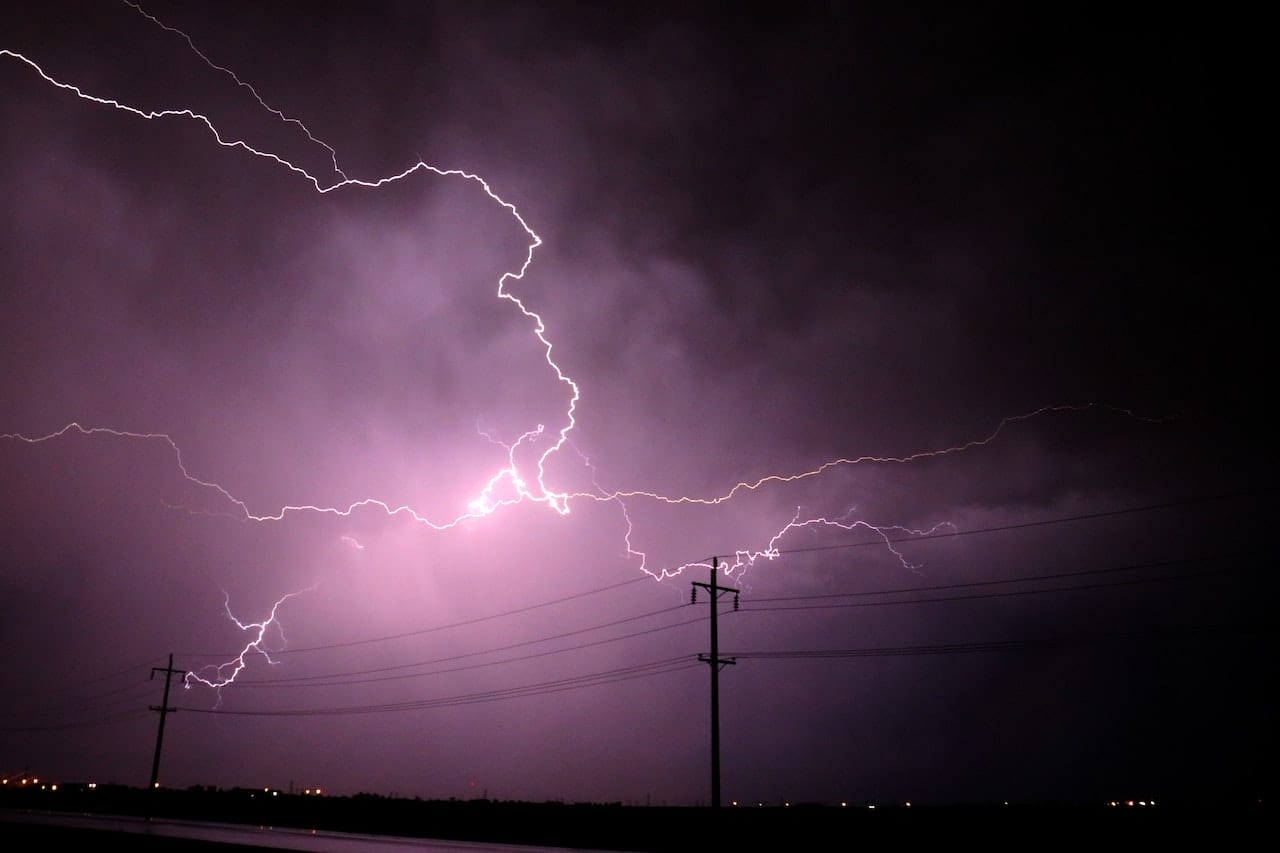
Backup your server

Storm season – time to get a backup server
The recent autumn storms that lashed the east coast of Australia are a not-too-subtle reminder that all businesses, large and small, should have backup servers in a separate location from their main business premises. As well as keeping a backup server, business owners should verify that backups are working successfully, or unexpected natural disasters could leave you without the necessary data you need to run your business.
The difference between the Cloud and offsite backup
Cloud does offer limited backup for companies but it is meant for small files and personal data. The major, and most important, the difference between Cloud and off-site backup is ownership. When you store data on Cloud, you are a customer and as such, bound by the terms and conditions of Cloud storage. When you use an offsite backup server, you are the owner of your data, which means you can access it whenever you want. An offsite server also offers greater data protection because it can run twenty-four hours a day with scheduled backups at regular intervals.
Why is an offsite server the best option?
We live in an information age where the most valuable possession a business has is data. If your business was to lose all the company and client data, the costs involved in notifying clients and government agencies, continuing without data (if that is possible), and recreating the lost data would result in the loss of productivity and possibly, bankruptcy.
Off-site servers are an added layer of insurance against:
- Natural disasters – storms, fire, floods, earthquakes, and cyclones
- Hardware failure
- Theft
- Malicious attack – from employees or the internet in the form of virus, worm, or trojan
Having a backup server in place means you or your IT manager can travel to the off-site location and immediately retrieve an up-to-date copy of your business information.
How do I set up an offsite backup server?
The complexity and expense of an offsite server will depend on the size and nature of your business. It is best to choose a secure location, out of a flood zone, that is easily accessible. If there is no one within your business that is qualified to set up a backup server, you should seek expert advice to ensure your data is properly protected twenty-four hours a day.
Every company suffers data loss at some point or another, so your best defense against the cost and stress of lost data is to commission an offsite backup server, establish a disaster and backup recovery plan, and review your data protection policies every twelve months.
If you would like to know more about our Web Hosting and Support Services you can read about them here.

